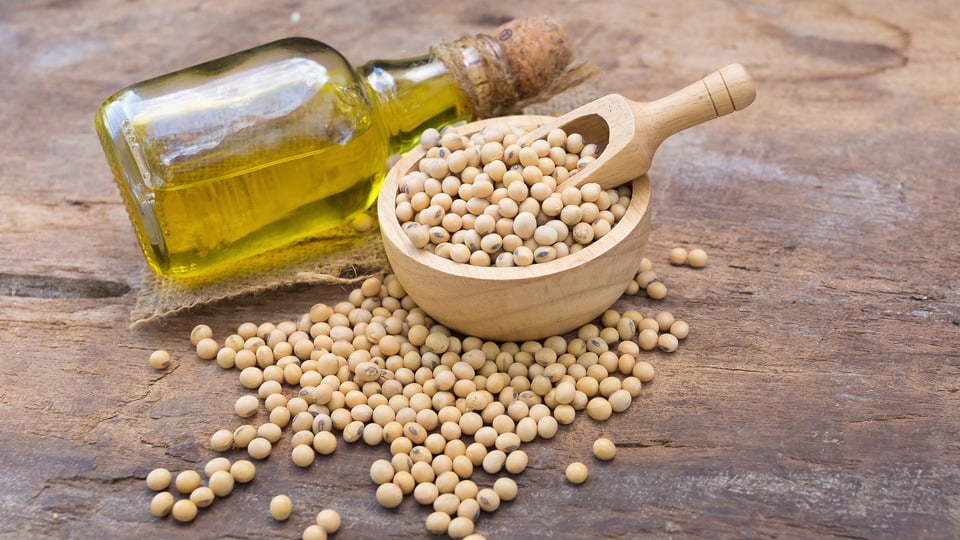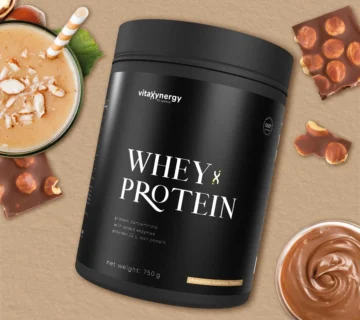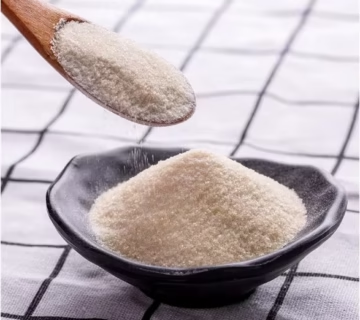In the modern food industry, clean-label products have become a major consumer demand. Manufacturers are looking for natural, non-allergenic ingredients that maintain product quality while meeting regulatory and consumer expectations. Sunflower Lecithin serves as a versatile emulsifier that aligns perfectly with these requirements.
At MT Royal, we have extensive experience supplying high-quality sunflower lecithin to factories worldwide. Our commitment ensures that your production lines receive a consistent, natural, and non-allergen ingredient that improves texture, stability, and shelf life across a variety of food products.
This guide explores sunflower lecithin’s benefits, industrial applications, sourcing considerations, and practical tips for maximizing performance in large-scale food production.
Understanding Sunflower Lecithin
Sunflower lecithin is a natural phospholipid extracted from sunflower seeds. Unlike soy lecithin, it is non-allergenic, making it ideal for clean-label, allergen-free, and vegan-friendly products.
Key Features:
- Natural and Non-Allergen: Safe for consumers with soy allergies.
- Emulsification: Ensures stable mixing of oil and water in complex formulations.
- Versatility: Suitable for bakery, chocolate, dairy, confectionery, and beverages.
- Processing Aid: Reduces viscosity, facilitating smoother industrial processing.
By incorporating sunflower lecithin from MT Royal, manufacturers achieve consistent product quality while meeting clean-label requirements.
Common Mistakes in Industrial Sourcing
Even seasoned manufacturers can encounter challenges when sourcing sunflower lecithin:
- Selecting Low-Purity Products: Can compromise emulsification and texture.
- Unreliable Suppliers: Leads to batch-to-batch variability and production delays.
- Improper Storage: Lecithin absorbs moisture and loses functionality if not stored correctly.
- Skipping Pre-Testing: Different formulations react differently; testing ensures stability and performance.
Partnering with MT Royal mitigates these risks by providing certified, high-purity sunflower lecithin.
Applications in Food Production
1. Chocolate and Confectionery
- Enhances flow during conching and tempering.
- Prevents cocoa butter separation and fat bloom.
- Improves mouthfeel and texture without altering flavor.
2. Bakery Products
- Enhances dough elasticity and volume.
- Stabilizes emulsions in icings, fillings, and cream layers.
- Improves shelf life by maintaining moisture and texture.
3. Dairy and Plant-Based Alternatives
- Improves creaminess in spreads, cheese, and ice cream.
- Prevents separation in liquid dairy and plant-based beverages.
- Supports texture stability in refrigerated and frozen products.
4. Functional Beverages
- Stabilizes emulsions in protein shakes, flavored milk, and plant-based drinks.
- Prevents sedimentation, extending shelf life.
We have observed that manufacturers using sunflower lecithin from MT Royal can reduce mixing time, minimize waste, and consistently achieve high-quality products.
Industrial Insights for Large-Scale Production
Maximizing the performance of sunflower lecithin in industrial-scale production requires attention to process parameters:
- Temperature Management: Add lecithin at optimal temperatures to maintain emulsifying properties.
- Mixing Techniques: Use high-shear mixers or pre-dispersion methods to prevent clumping.
- Batch Testing: Monitor phospholipid content, viscosity, and moisture for consistent results.
- Storage Conditions: Keep in sealed, dry conditions to prevent moisture absorption and caking.
Following these practices ensures smooth production and consistent quality in finished products.
Frequently Asked Questions (FAQ)
Q1: Why choose sunflower lecithin over soy lecithin?
It is non-allergenic, suitable for clean-label products, and safe for consumers with soy allergies.
Q2: What is the shelf life of sunflower lecithin?
Typically 12–24 months under recommended storage conditions, with certificates of analysis confirming quality.
Q3: Can sunflower lecithin be used in vegan products?
Yes, it is plant-based, allergen-free, and ideal for vegan formulations.
Q4: How does it improve chocolate production?
It reduces viscosity, ensures smooth flow, and prevents fat bloom, enhancing texture and process efficiency.
Q5: How to ensure consistent performance in bulk supply?
Partnering with MT Royal guarantees batch uniformity, certified quality, and reliable global delivery.
Industrial Tips for Maximizing Efficiency
- Pre-Dispersion: Blend lecithin with dry ingredients before adding to wet formulations.
- Synergistic Use: Combine with other natural emulsifiers for enhanced stability in complex formulations.
- Particle Size Control: Ensures smooth texture and prevents sedimentation.
- Sustainable Sourcing: Supports clean-label initiatives and environmentally conscious production.
Using these strategies, factories can improve process efficiency, reduce ingredient waste, and maintain consistent product quality.
Comparison Table: Lecithin Types
| Feature | Sunflower Lecithin | Soy Lecithin | Deoiled Lecithin Powder |
|---|---|---|---|
| Non-Allergen | Yes | No | Optional |
| Clean-Label Compliance | High | Medium | Medium |
| Application Versatility | High | High | Medium |
| Bulk Packaging | Bagged/Tank | Bagged/Tank | Bagged |
| Shelf Stability | High | Medium | High |
| Processing Ease | High | Medium | High |
This table helps manufacturers choose the optimal lecithin type for their specific applications.
Conclusion
Sunflower Lecithin – Natural Non-Allergen Emulsifier for Clean-Label Foods is an essential ingredient for modern food manufacturers aiming to meet consumer demand for natural, allergen-free products.
By sourcing from MT Royal, your factory benefits from certified quality, reliable bulk supply, and competitive pricing. Sunflower lecithin enhances emulsification, texture, and stability across a wide range of food, bakery, dairy, and beverage applications, supporting both industrial efficiency and consumer satisfaction.







No comment